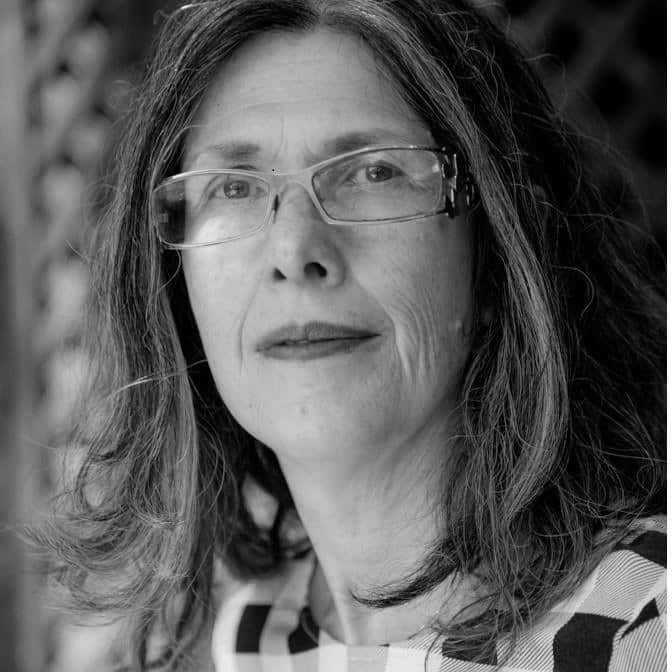It already feels like the dim past, that time with my public university religion students, but it was just last semester. So much has happened since then, much of it very bad. Queer people massacred. A drooling bigot winning the presidential nomination of a major party. Now I’m drawing on that really very recent memory to stoke my emunah.
If everyone was like my students, there would be no more wars.
As a Lecturer, I never know what the assignment grab bag will grant me. This year, I was offered the chance to teach a class called Modern Jewish Thought and Zionism. I tried to create a one-semester whirlwind tour of the modern and postmodern periods from Rambam to Emmanuel Levinas, from Chasidus and Mussar to Jewish Feminism and from Theodor Herzl to Yeshayahu Leibowitz, from Zev Jabotinsky to Judith Butler.
The one thing none of us can control is the alchemy of the class itself. That depends largely on who shows up. This year, I hit the jackpot.
Our small group included a chevruta cluster of three Modern Orthodox students, a young Christian man, a young Muslim man, a senior Jewish couple who had succeeded in the sciences and, in retirement, were studying the tradition, at least one potential New Jew, a philosophy major and a STEM major who needed to complete a requirement and was hanging in there admirably. Color, gender, sexuality, ability—we hit a lot of diversity marks. Everybody rose to the challenge.
We went directly to the difficult places. Life, death, theodicy and the whole damned blessed thing. Fellow teachers, here is one thing I learned: everybody loves Rebbe Nachman. Everybody (at least everybody who cares enough to go to a state university while working and very likely taking care of parents and/or kids) strives to be better each day; and everybody messes up. Everybody knows the pain of failing to meet one’s own standards or of achieving a goal—and realizing that the accomplishment is a mere shadow of what one apprehended when the work began. Everybody (who is still here) starts again. Rebbe Nachman assures us that the Infinite is infinitely forgiving and that obstacles are proof that one is doing it right. That we are loved. This depressive bulimic earned the right to charge us to pursue happiness in doing mitzvot, and he spoke to these students from several traditions and, from his own struggles, offered mature hope.
This is why we do this. I don’t know if anyone transformed; I think they just became more themselves. I don’t know why it’s so hard to assume that people can talk like people.
About Zionism. Really, Zionisms and post-Zionisms. From Theodor Herzl’s casual atheism (and imperialist sympathies) to Yeshayahu Leibowitz’s insistence—from a practice of irreproachable Orthodoxy—on the separation of synagogue and state; from A.B. Yehoshua’s fulminations against those of us still in Diaspora—and his signing of the Geneva Accords in search of peace–to Judith Butler’s critique of Zionism itself coming from a place of austere morality and ahavas Yisroel (although I'm not sure she'd call it that).
We studied the theory and faced the reality(ies). Some of us have relatives and loved ones in Israel. One of us has relatives and loved ones in Palestine. One of us believes that, in the Holy Land, a being called the Christ died for our sins, was resurrected and will return to Earth. We discussed the substance of our ideas and made room for inevitable tears and, even less comfortably, for expressions of anger. Each individual was heard. Friendships were made, across traditions and generations. We celebrated the graduates. We came to no facile agreement. We learned one another’s stories and the structure of one another’s thoughts.
This, friends, is what the academic enterprise should be all about. This is preparation for participation in a polity that depends on people with radically different ideas treating one another with respect. This is why access to the “liberal arts,” the Humanities, should not be the privilege of those who can pay for it upfront.























 More news and opinions than at a Shabbat dinner, right in your inbox.
More news and opinions than at a Shabbat dinner, right in your inbox.